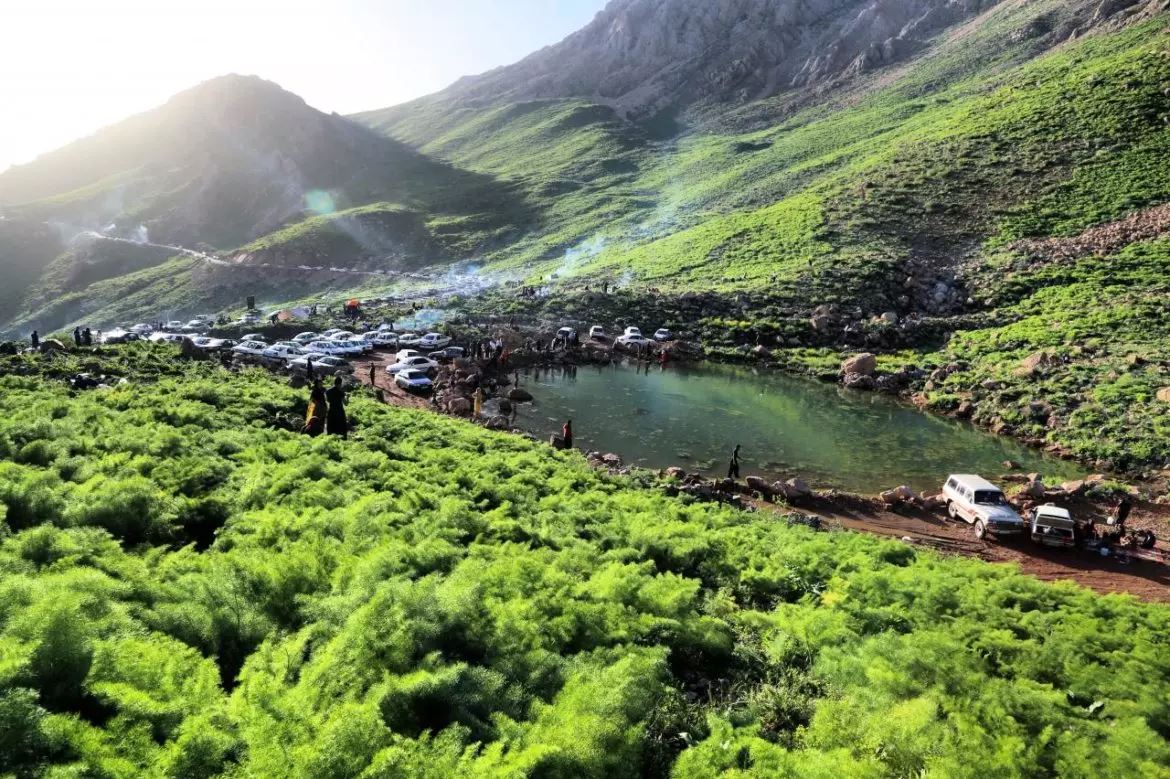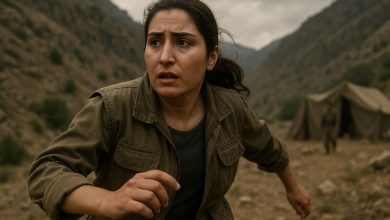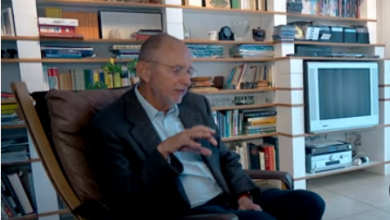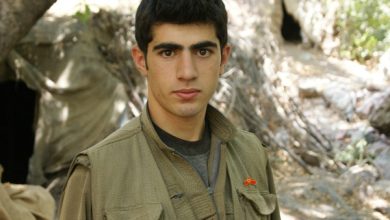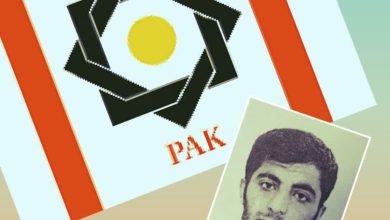Kamyar Valizadeh, with empty hands but a heart full of hope, embarked on a path he believed would lead him to his European dream. However, what awaited him was a reality far harsher than he could have imagined. Kamyar’s story is that of thousands of young people who, under the shadow of poverty and ignorance, fall victim to false promises.
His introduction to the armed Democrat group through social media and satellite channels highlights the influence of media on young people’s decisions. Having heard that members of these armed groups easily obtain asylum, he decided to join them. However, after just one week, upon learning the requirements for membership, feelings of regret and despair led him to return to his country. This story illustrates the social and psychological complexities caused by unemployment and hopelessness, which expose young people to difficult choices.
Interview with Kamyar Valizadeh
Please introduce yourself and describe your living conditions before embarking on this path.
Kamyar Valizadeh: I’m Kamyar Valizadeh, born on November 2, 2004, from Paveh. My education only went up to primary school, and I must say that even as a child, I struggled with economic problems. My family had no specific income, and the job situation in our city wasn’t good. The older I got, the more the pressure of unemployment weighed on me. I always wondered if I could build a future for myself in these conditions and was looking for a way to change my situation. My family couldn’t support me, and my city didn’t have a suitable economic environment. I was desperate to change these circumstances and build a better life.
What made you think about migrating to Europe? Was this idea already in your mind, or were you influenced by specific events?
Kamyar Valizadeh: Migration had always been a dream for me. When I looked around and saw many young people who had successfully gone to Europe and started new lives, it was natural for this idea to cross my mind. Most of these perceptions were shaped by the influence of satellite networks and virtual space. There was extensive advertising constantly showing that if you left Iran, you could easily get asylum, and your life would completely change. At that time, I was very naive and thought that simply by leaving Iran, everything would be solved. In reality, I was deceived. I thought asylum and migration with a primary school certificate and no money would be easy!
How did you get acquainted with the armed Democrat group? Did someone suggest it to you, or did you seek them out yourself?
Kamyar Valizadeh: No one directly suggested it to me, but when I was searching for ways to migrate, I heard a lot about the Democrat group on social media and satellite channels. It was said that this group could pave the way to Europe for you and that its members could more easily obtain asylum after a while. At the time, I truly didn’t know how much truth there was to these claims. I told myself maybe this was an opportunity to get me out of this deadlock.
How did you decide to leave the country and join this group? Tell us about that day.
Kamyar Valizadeh: In late summer 2020, specifically in September, I was utterly exhausted. Wherever I went looking for work, I either got rejected, or the working conditions were so harsh and brutal that I practically couldn’t continue. I wasn’t even offered a salary. When I saw there was no way left for me, I decided to leave the country at any cost. I found the route through an intermediary and crossed the border illegally. In those moments, I didn’t even think about what kind of hell I was entering; I only thought that in a few months, I’d be in a European country starting a new life.
When you arrived at the group’s headquarters, what did you see? Was it what you expected?
Kamyar Valizadeh: Not at all! My imagination was that I would enter a place like a temporary refugee camp, and they would arrange asylum for me. But when I arrived, I realized the situation was completely different. Everything was military, very strict and rigid. From the very beginning, the behavior and rules indicated that there was no news of asylum or Europe here. They told me that if I wanted to stay, I had to become an official member of the group for at least two years and participate in activities. That’s when the bitter reality became clear to me.
How did you feel when you realized you had to remain a member of the group for two years? What decision did you make?
Kamyar Valizadeh: It felt like my world had fallen apart. I had come with the dream of Europe, but now I was stuck in a place with no escape. I quickly realized I couldn’t endure those conditions. I wasn’t a person for fighting, conflict, or armed activities; I was just looking for a way out, but I saw that this place itself was a big prison. After one week, when I saw the situation getting worse day by day and that if I didn’t act quickly, I might never be able to escape, I decided to surrender myself and return to Iran by any means necessary.
From the moment you decided to return, what path did you take? How were you able to come back?
Kamyar Valizadeh: It was a difficult decision because it carried many risks. But in any way possible, I contacted people I knew and, with the necessary coordination, managed to introduce myself to the Iranian forces. When I reached the border and surrendered, I had a strange feeling; on one hand, fear, and on the other, a sense of liberation. Although I knew returning to Iran wouldn’t be easy, at least I was sure I had escaped that oppressive environment.
Now that you look back, how do you feel about those decisions?
Kamyar Valizadeh: Honestly, sometimes I think about how naive I was. I easily fell for virtual advertisements and false promises. But this experience taught me that there’s no shortcut to building a future. Today, when I look at other young people who might go down my path, I want to tell them that nothing is worth getting involved with groups that exploit people’s emotions and ignorance. Today, I’m with my family, and I’m trying to build my future by working and learning new skills; though difficult, it’s real.

